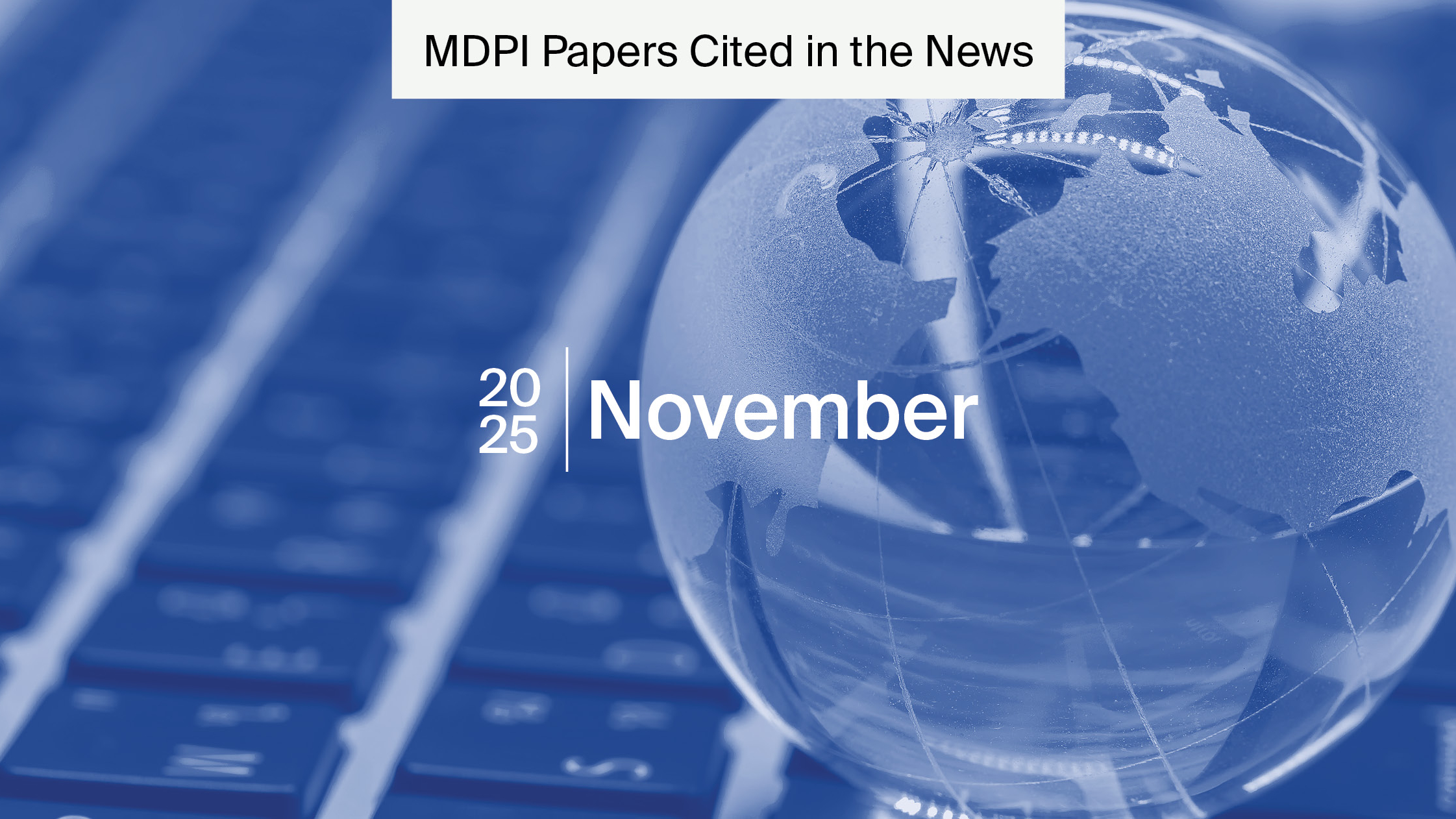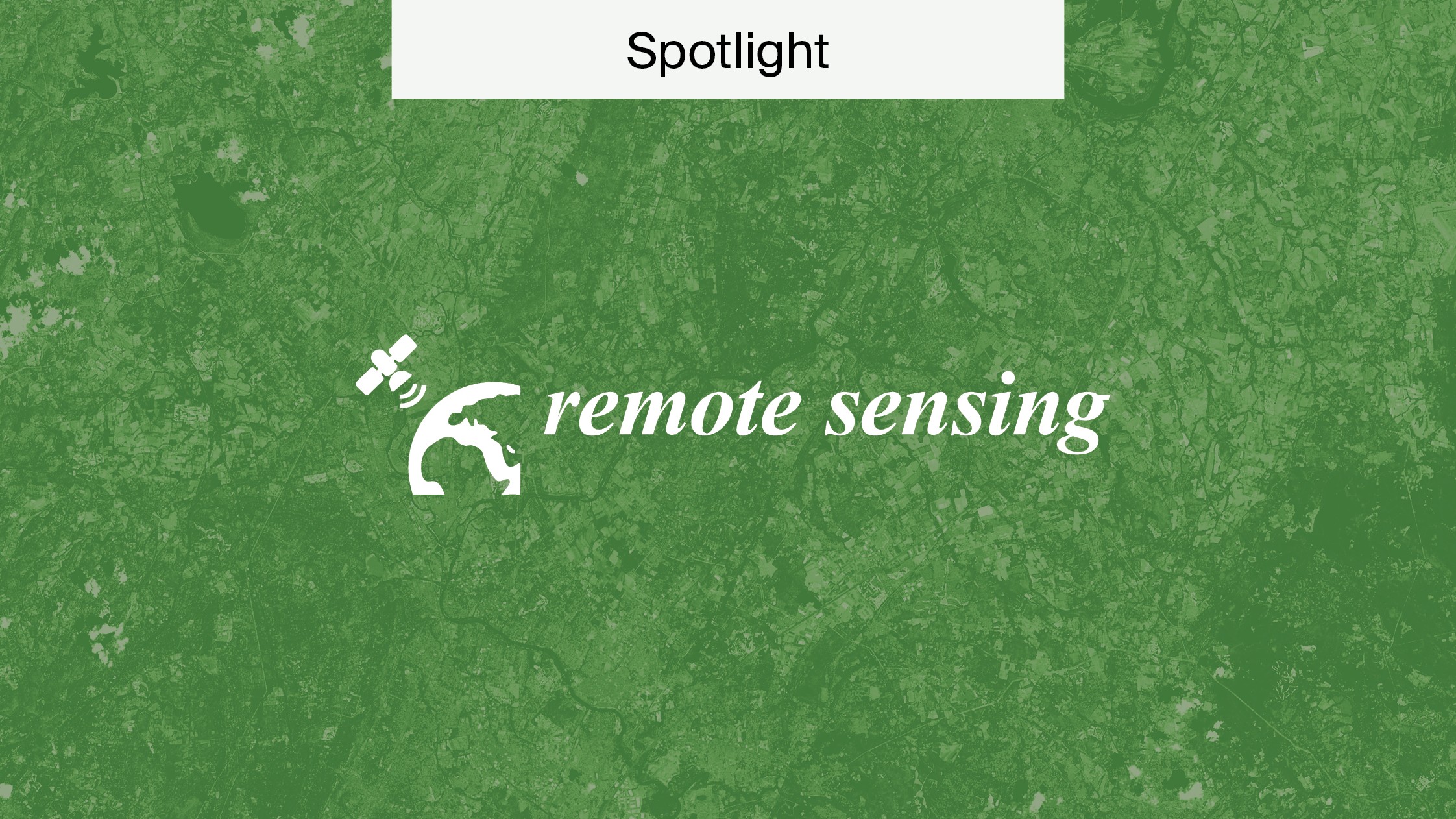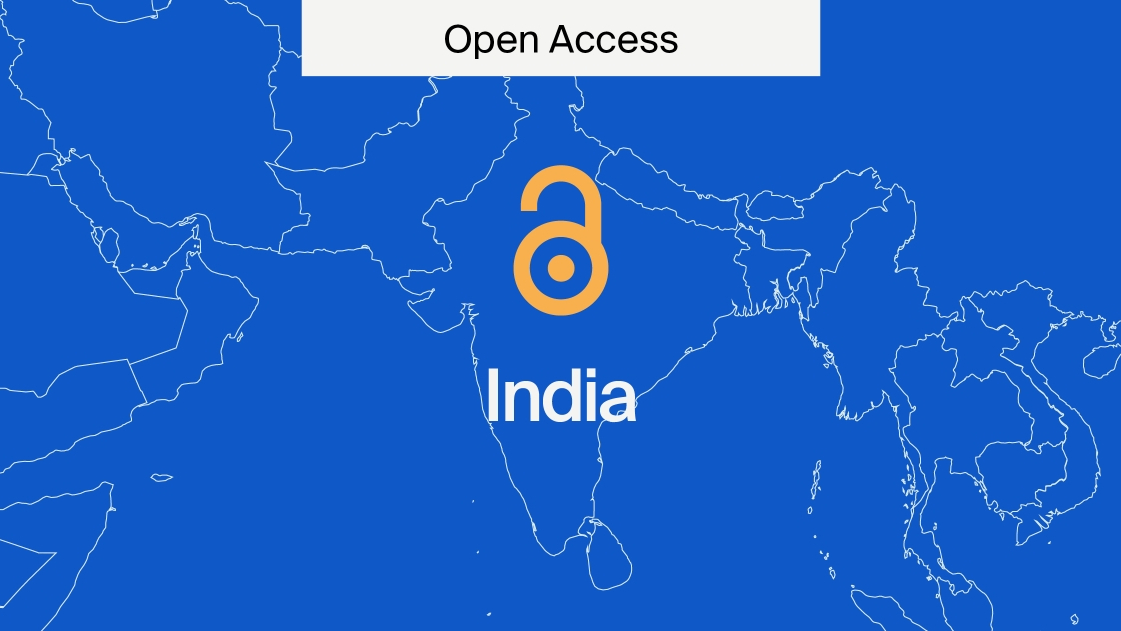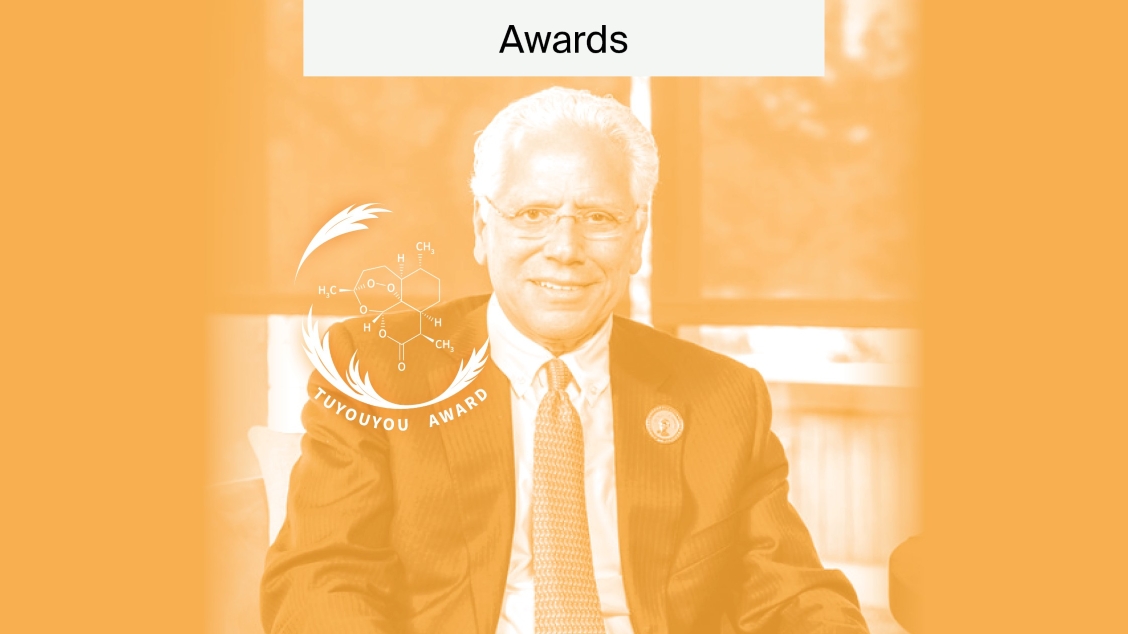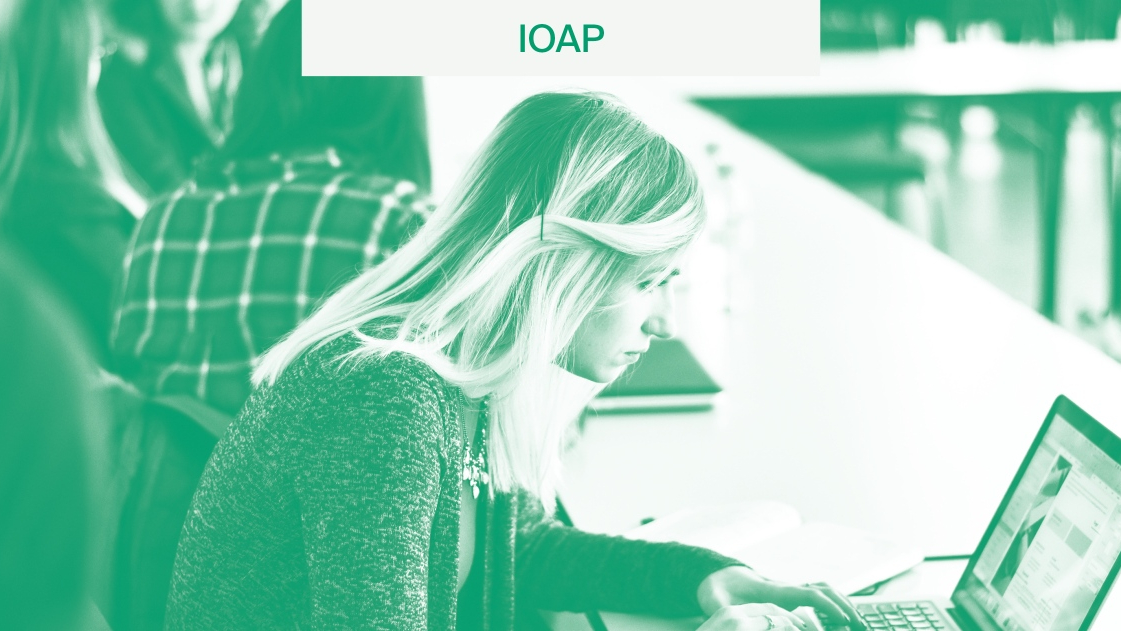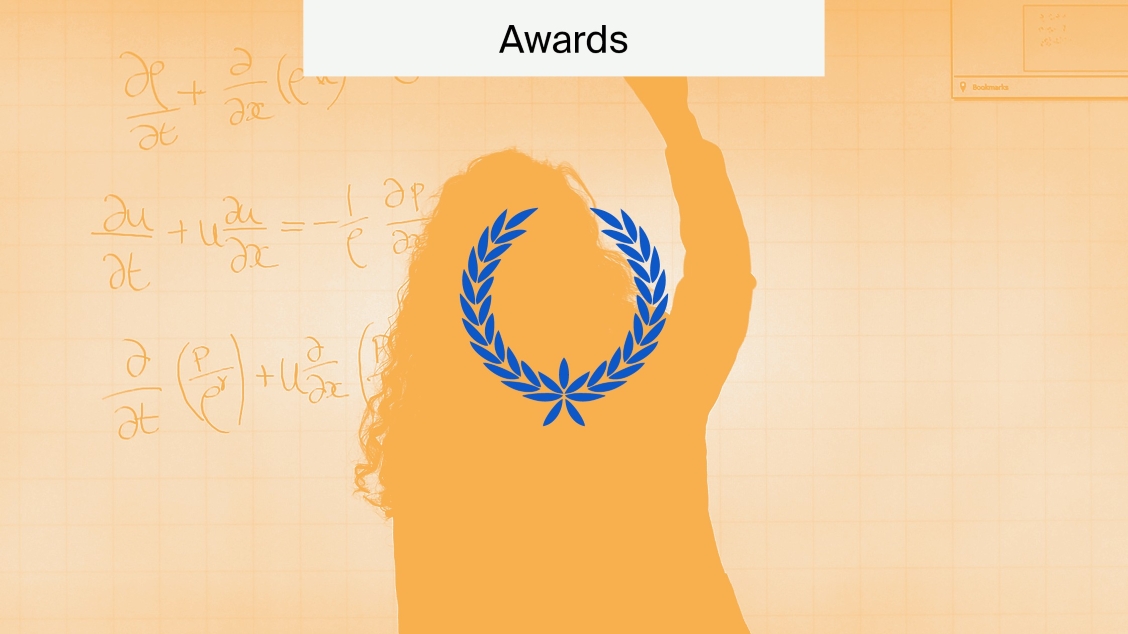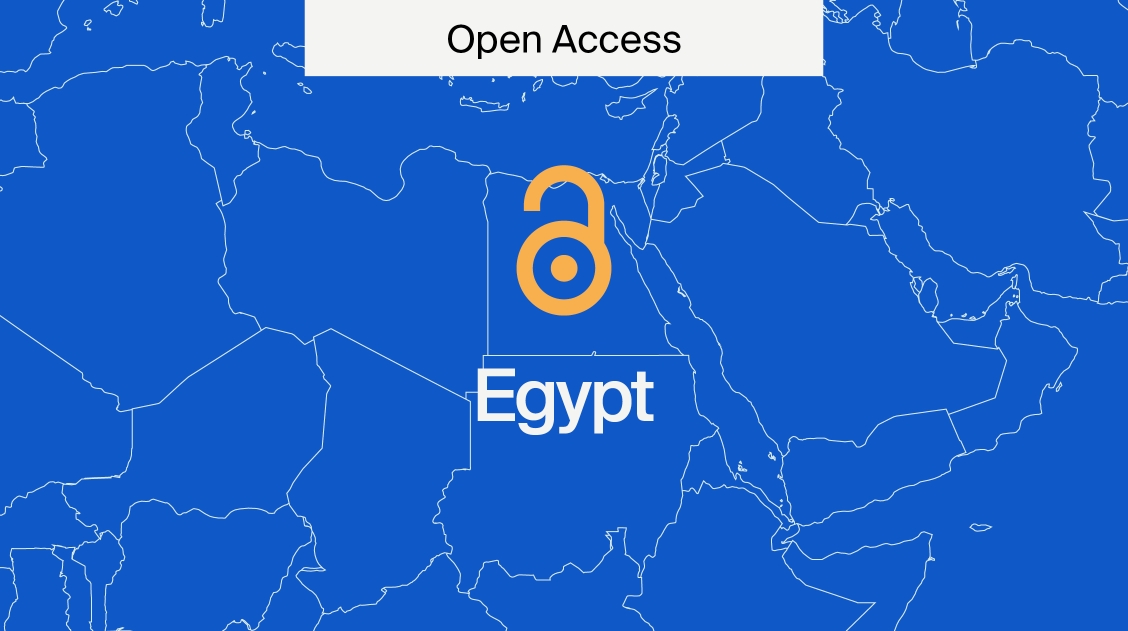
Open Access in Egypt
Egypt has no national Open Access mandate, but there are some scholarly community initiatives educating Egyptian researchers about the value of publishing openly. Open Access has grown especially in recent years.
We outline the history of Egypt’s mandates and its current policies for those looking to read or submit research.
Open Access is the new paradigm
Open Access refers to a publishing model for scholarly research that makes information immediately available to readers at no cost. This research is also free to reuse for scholarly purposes.
The benefits of publishing Open Access include gaining more citations and a greater impact, reaching a wider audience, advancing scientific innovation, retaining copyrights, and increasing the potential for collaboration and recognition. Open Access can also help institutions like universities and research agencies in low- and middle-income countries by removing any price barriers to accessing academic research.
History of Open Access in Egypt
Egypt has a small yet active Open Access community. Here is a brief history of Open Access in Egypt:
- 2014: Bibliotheca Alexandria is launched, serving as a national repository for doctoral dissertations.
- 2014: The American University in Cairo launches the OA Working Group, which organises events and educates researchers.
- 2016: The Egyptian Knowledge Bank (EKB) is launched, serving as an online library archive of learning resources and tools (this not Open Access; however, it’s free for Egyptian citizens).
- 2023: The Open Science Community Egypt (OSCE) is formed, representing the first open science network in Egypt.
Egyptian institutions lack requirements for Open Access publishing. However, the EKB shows that the government is interested in improving access for Egyptian citizens and the forming of OSCE reflects a community-led push for openness.
Open science in Africa
In 2019, the Academy of Science of South Africa (ASSAf) published a landscape study of open science in Africa.
They estimate that Africa produces 0.75% of global scientific knowledge and that there is also a low political willingness to make funding available for science. This is echoed in the UNECA 2018 Sustainable Development Report, which highlights the low levels of organisation and funding of many science systems in Africa.
The main challenges that ASSAf identify are the following:
- Insufficient e-infrastructure.
- Skills shortage.
- Lack of incentivisation.
- Low status of scholarly journals published in Africa.
They go on to show that, as of 2019, Open Access policies tended to be at an institutional rather than a national level.
Open science initiatives in Africa focus on increasing access to research for Africans and increasing the visibility of their research. This is especially true for societally engaged research that focuses on addressing the specific challenges that different areas face.
Learn more about specific African open science initiatives.
Current Open Access laws in Egypt
There is no national Open Access mandate in Egypt as of August 2025. There are also no institutional or regional policies in place. Initiatives are emerging on a community level and are driven by the efforts of individuals.
Vision 2030
On a national level, the government has outlined Vision 2030, which is a strategy for sustainable development across economic, social, and environmental dimensions. The plan includes eight goals that are in line with the United Nations’ Sustainable Development Goals and the Sustainable Development Strategy for Africa 2063.
Goals include improving quality of life and living standards and also establishing a diversified, knowledge-based economy. The document outlines that activity should be grounded in scientific research and innovation.
The report outlines challenges to advancing scientific research:
- Limited financial and moral incentives for scientific research and innovation.
- Insufficient government funding for technical and institutional support.
In response, enabling policies are outlined:
- Supporting scientific research legislation.
- Developing the institutional system for scientific research.
- Setting scientific research priorities.
- Diversifying funding sources for scientific research.
One policy that points towards openness is ‘enacting a law for data provision’, which could be achieved by pursuing an open data policy.
Overall, Vision 2030 aims to expand the scientific infrastructure and output of Egyptian academics, in turn improving the economy and wider society. Open Access has been demonstrated to increase visibility and citations, potentially leading to more innovation. These results are an incentive for Egypt to find a way to pursue a path for open science that is enabling for researchers and financially practical for institutions.
Egyptian Knowledge Bank
The Egyptian Knowledge Bank (EKB) was launched by President Abdel-Fattah El-Sissi During the National Science Day of 2014. It is an online library archive that offers free access to more than 100 million Egyptian citizens, including educators, researchers, students, and the general public.
EKB works with the Science, Technology, and Innovation Fund to establish transformative agreements with major publishers. All its resources are therefore commercial, meaning there may be reuse restrictions on them. Furthermore, the resources are primarily in English, which a very large section of the population cannot read.
EKB increases access to key scientific knowledge for Egyptian citizens but cannot be described as Open Access due to access being limited to citizens and the presence of reuse restrictions.
Open Science Community Egypt
As part of the International Network of Open Science & Scholarship Communities (INOSC), the Open Science Community Egypt (OSCE) aims to raise awareness of open science and its main concepts in Egypt, creating a network of likeminded individuals.
Our vision is to collaborate with allies in Egypt to elevate the profile of researchers and cultivate a thriving Open Science community [and] enhance the visibility of the researcher’s work and promote greater efficiency in their research efforts.
Launching in 2023, OSCE was the first open science network in Egypt. When it joined the Forum for Open Research in MENA, the announcement explained how Egypt is a country rich in research but with little exposure to open science frameworks. Menna Emam, Administrative Assistant of OSCE, explains
Many academics in Egypt actively avoid publishing in Open Science journals because they believe that their research will be stolen and reproduced without their consent, when in fact the opposite is true. The more open your research is, the more recognition your work will receive, and the less possible it will be for anyone to take credit for it, not to mention that there are many safeguards already put in place to protect the copyrights of researchers publishing in Open Science. It’s just that there is so little awareness of these realities in Egypt.
OSCE organize workshops aimed at Egyptian researchers interested in advancing their careers through open science practices.
Repositories
There are various repositories operating across Egypt, which are listed on African Digital Repositories.
- Agricultural Research Centre
- AUC Digital Archive and Research Repository
- Rare Books and Special Collections Digital Library
- BA Digital Assets Repository
- Future University FUE Digital Repository
- Menoufia University Scholarly Publication Repository Portal
- Misr University for Science and Technology MUST Digital Archive and Research Repository
Repositories can boost the visibility of African research, by ensuring that African scholarship is searchable and easily accessible. This removes the financial burden from accessing research, meaning more resources can be dedicated to building on research, and can also put African scholars in dialogue with global research trends.
Egypt’s Open Access statistics
Egypt has increased its share of Open Access publications over the last ten years, growing from approximately one third to two thirds of its total output. According to InCites data (Clarivate) extracted in August 2025:
- 2013: 69% of articles and reviews were non-OA and 31% were Open Access.
- 2018: 63% of articles and reviews were non-OA and 37% were Open Access.
- 2023: 37% of articles and reviews were non-OA and 63% were Open Access.
As you can see, the share of OA publications increased slightly from 2013 to 2018 but increased by over 25% from 2018 to 2023. This shows the community- and institutional-level interest in and engagement with Open Access.
With nearly two thirds of the output being shared openly, and with the emergence of OSCE, there is a strong baseline of open publications that could grow further with adequate support.
Future trends
There is no indication that there will be a national OA policy in Egypt in the immediate future. As of 2024, there are no formal OA policies in North Africa.
Mahmoud Khalifa, librarian at the Library of Congress Cairo Office and is Directory of Open Access Journals Ambassador for the Middle East and Persian Gulf, outlines the main obstacles to OA in the region as
- Absence of culture or knowledge about OA.
- Licensing and copyright concerns.
- OA illiteracy.
And that the next step “should be to spread awareness of open access, and why it is important for the scientific community”.
OSCE and the OA Working Group both do excellent community-level work in the country that aims to educate researchers on the benefits of OA. Aligning these with the aspirations of Vision 2030 could help elevate awareness of Open Access in Egypt and incentivise researchers to pursue it further.
Value of Open Access
All articles published by MDPI are made immediately available worldwide under an Open Access license. This means:
- Everyone has free and unlimited access to the full text of all articles published in MDPI journals;
- Everyone is free to re-use the published material if proper accreditation/citation of the original publication is given;
- Open Access publication is supported by the authors’ institutes or research funding agencies by payment of a comparatively low Article Processing Charge (APC) for accepted articles.
Researchers can participate in Egypt’s developing Open Access community and pre-empt any legislation by publishing in an MDPI journal. Alternatively, if you want to publish an early version of your article, try Preprints.org, our free service for publishing research that is not peer-reviewed and report on either ongoing or complete research.
Open Access makes vital information accessible to all readers and researchers and brings together scholars from across the world. Thus, it is ideal for tackling global challenges such as climate change and cancer research that require urgent and coordinated attention.
Although OA awareness is low in Egypt, there are various community initiatives aiming to educate researchers on its benefits, which has led to growth in the country’s overall output of Open Access publications. Click here if you would also like to learn more about Open Access around the world.



